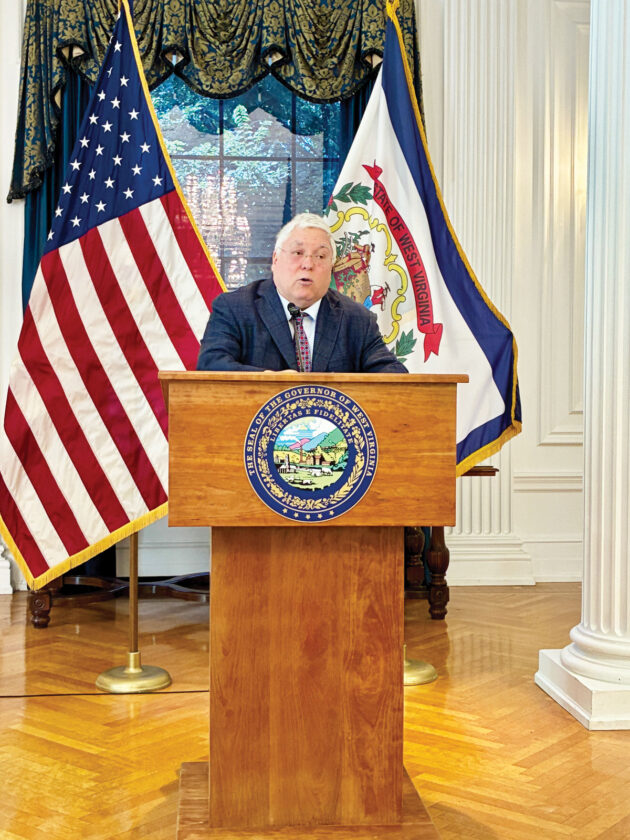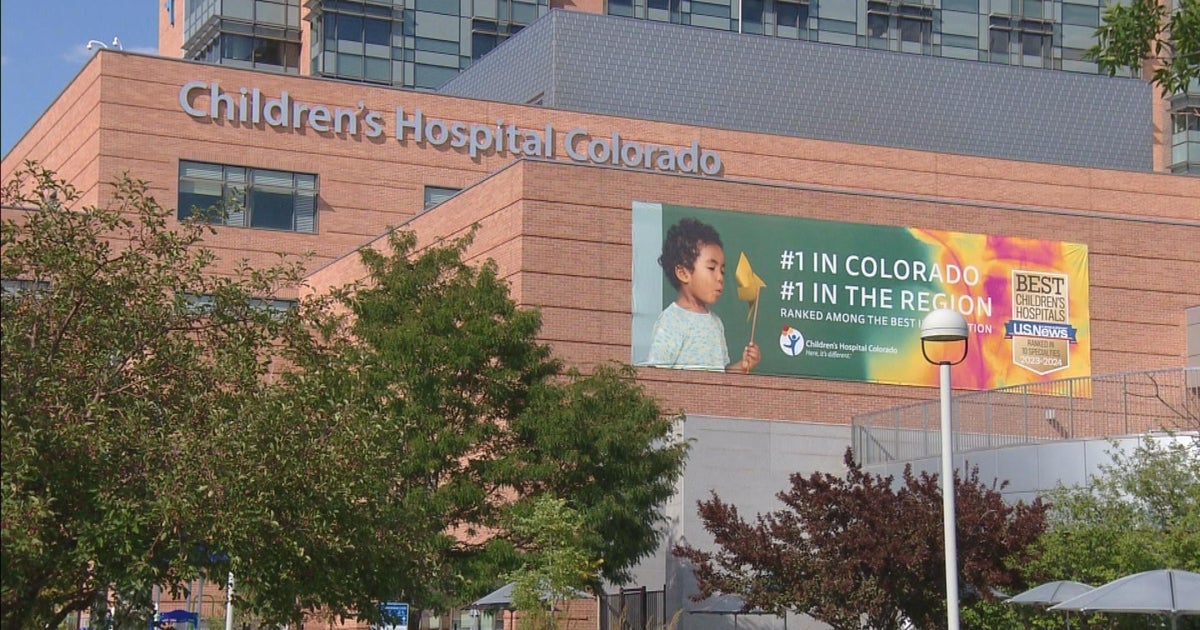Beyond Arrests: Addressing the Mass. and Cass Crisis with Public Health Solutions

The intersection of Massachusetts Avenue and Melnea Cass Boulevard in Boston has become synonymous with a complex public health crisis. Recurring media attention and vocal concerns from South End residents and business owners often paint a picture of escalating deterioration, frequently lacking concrete data to support these claims. However, focusing solely on law enforcement – on ‘handcuffs’ – is a demonstrably ineffective approach. It’s time to shift the focus to comprehensive public health strategies that address the root causes of substance use disorder and offer pathways to healing and recovery for the individuals struggling at Mass. and Cass.
The current situation is a confluence of factors: a significant concentration of individuals experiencing homelessness, addiction, and mental health challenges, coupled with limited access to adequate treatment and supportive services. Simply moving people from one location to another, a common response, doesn’t solve the underlying issues. It merely displaces them, often exacerbating their vulnerability and hindering their chances of recovery. The narrative of ‘worst it’s ever been’ needs to be critically examined through the lens of data and a deeper understanding of the historical and systemic factors contributing to this crisis.
A Public Health Approach: What Does It Look Like?
A truly effective response requires a paradigm shift – a move away from punitive measures and towards a public health model. This includes:
- Increased Access to Treatment: Expanding the availability of evidence-based treatment options, including medication-assisted treatment (MAT), detox programs, and long-term residential care. Removing barriers to entry, such as long wait times and restrictive eligibility criteria, is crucial.
- Harm Reduction Services: Implementing harm reduction strategies like safe injection sites (supervised consumption services), needle exchange programs, and overdose prevention education. These services are not about enabling drug use; they are about minimizing the immediate harms associated with it and providing a point of contact for individuals to access further support.
- Housing First Initiatives: Prioritizing housing as a foundation for recovery. The ‘Housing First’ model provides immediate, stable housing without preconditions like sobriety, recognizing that it’s incredibly difficult to address addiction and mental health challenges while living on the streets.
- Mental Health Support: Integrating comprehensive mental health services into the response, addressing co-occurring disorders that often complicate substance use.
- Community Engagement & Collaboration: Fostering open communication and collaboration between residents, businesses, healthcare providers, and social service agencies. Addressing concerns and building trust is essential for long-term success.
Beyond the Headlines: A Call for Data-Driven Solutions
While the concerns of South End residents and business owners are valid, it’s crucial to ground the discussion in data and evidence. A thorough assessment of the needs of the individuals at Mass. and Cass, coupled with rigorous evaluation of the effectiveness of interventions, is essential. We need to move beyond anecdotal observations and rely on objective data to inform policy and resource allocation.
The crisis at Mass. and Cass is not simply a matter of public order; it's a complex public health challenge that demands a compassionate, evidence-based, and sustainable response. Investing in public health solutions – not handcuffs – is the only way to truly heal Massachusetts and Cass and create a healthier, safer community for everyone.






